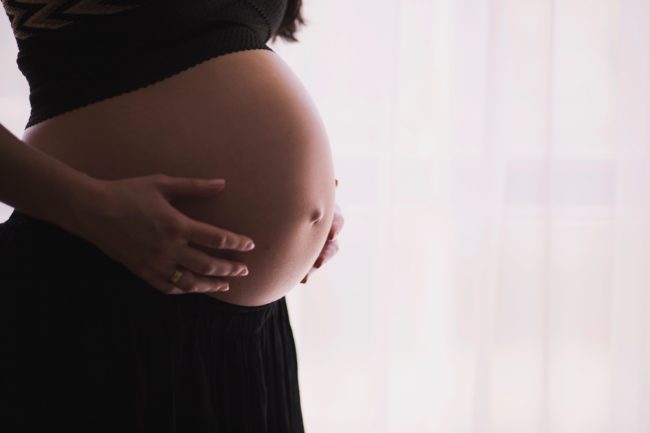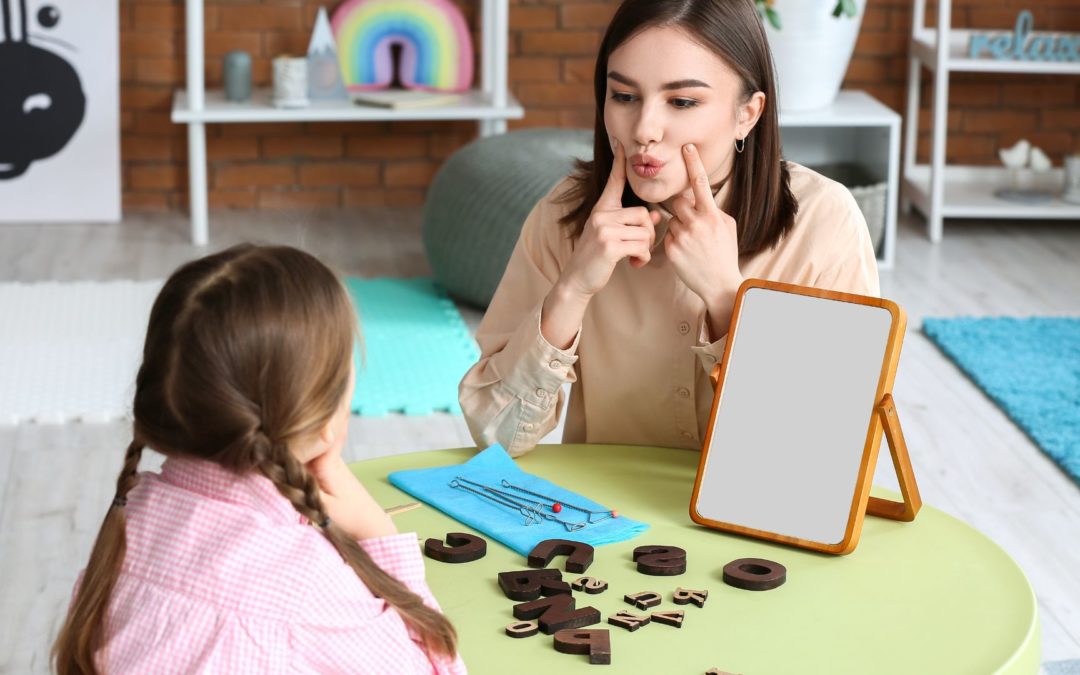
Cristiano Ronaldo announced the loss of his baby boy last week and received an outpouring of sympathy and support. However, many parents suffer the same loss: around 1 in 200 babies are stillborn in the UK.
For a long time stillbirth was misunderstood. Society didn’t view stillbirth as a loss that compared to that of a born child. Tragically, up until 30 years ago, thousands of stillborn babies were buried in mass graves around the UK, denying their parents the chance to lay them to rest themselves.
However, things are changing and charity SANDS (the Stillbirth and Neonatal Death Charity) are working hard to improve training for professionals and support resources for parents.
The experience of a stillbirth
The causes of stillbirth are varied and can include a lack of antenatal scans and monitoring, poverty and deprivation, long term pregnancy and obesity.
‘However, most stillbirths are bad luck’, explains Charles Brock, a befriender at SANDS. ‘Parents are always looking for an answer. There often isn’t an answer. In our case it was a multiple birth which is always a higher risk. When you haven’t got an answer for why it happened, it makes the next pregnancy all the more worrying. It’s not something you want to go through again.’
Charles and his wife lost their triplet boys at 21 weeks. They then went on to have two daughters, the first of which was born a year to the day after they lost their boys.
‘We had some very good support through it,’ he says. ‘We were told if we ever wanted a scan just to reassure us we should just phone up and ask. We had a specialist that we went to see a few times to make sure things were on track. My wife went to a SANDS Pregnancy After Loss group and there is a great feeling when a member of the group goes off and has another baby. It just bolsters everybody’s confidence.
‘However we have also had people come to that group and then go back to the bereavement group, sadly. It’s nerve wracking for people.Typically after more than one loss you will find out the reason why it’s happening.’
Coping with grief
‘The grief can last for many years,’ says Charles. ‘I was in a shop once buying something for a SANDS group and got talking to a lady behind the counter who said she lost a baby 30 years ago and hadn’t talked to anyone about it.’
Thankfully, nowadays bereaved couples are encouraged to talk and are treated with care and sensitivity, from the minute they lose their children.
‘These days things are different,’ says Charles. ‘We have trained midwives at hospitals who are ready to support bereaved couples. Many hospitals now have a bereavement suite where couples can go and be with their baby in a cold cot if they’d like to. That makes a big difference. There is support afterwards as well. SANDS have campaigned for those changes.’
‘There used to be mass graves for babies in cemeteries. People can now trace their babies back to those graves thankfully. These days we now have a dedicated space in the graveyard for babies graves. Again, that recognition is there a lot more than it used to be.’
The difference between grieving mums and dads
Couples who go through a stillbirth often process the loss in different ways. Women will be struggling with breast milk arriving for feeding a baby that no longer exists, the remaining rounded tummy and feeling the loss of the baby who grew inside them.
In Charles’ experience, men often tend to try and just muddle through.
‘One thing that couples struggle with is the difference between a man and a woman’s grief,’ explains Charles. ‘The woman goes through the most intense physical relationship you can have by carrying a baby. For a man it’s much more about hopes and dreams.
‘The emotions are much more intense and immediate for women, and men tend to feel they have to play the strong man and support their partner. In my case it was six months before someone asked how I was. No one had ever asked me.
‘Grief tends to hit men in a different way. It’s a strange grief that comes at odd times. Of course men have to go back to work soon as well.
SANDS now have a football team for bereaved dads, which provides a way for men to be around others dads who have also lost babies.
There are also a number of SANDS support meetings around the country, as well as an active Facebook group and a dedicated support line.
How life goes on
For parents missing their babies, life after a stillbirth is a devastating and difficult time. Trying to have a second baby carries a huge weight of fear, and even after having other children, the loss remains.
‘Time is a great healer,’ says Charles. ‘We’ve had two babies since. We’re very fortunate that the void in our life has been filled. We have brought the girls up to know about their brothers. The girls go to the memorial with us and light candles.
‘It’s something that is always with you. This is very hard to say but if the boys had made it our girls wouldn’t be here. Thinking about that is very confusing.
‘I tend to put things in boxes. Now and again I’ll lift the lid on one of those boxes. However these days I can leave the grief in a box.’
How parents are supported
Bereaved parents will find maternity units now have specially trained bereavement midwives and separate areas for them to stay in. They can also have photographs taken of their baby, spend time with their baby or even take their child home for a while.
SANDS also provides a vital lifeline for those who have lost their children and encourages bereaved parents to open up and be around others who have experienced a loss also.
However, there may still be a misconception in society that a stillborn baby is less of a loss than a baby that their parents got to know.
‘To us a loss is a loss,’ says Charles.








